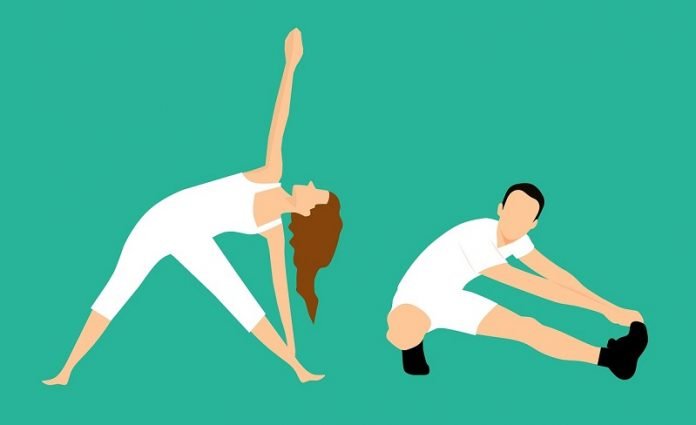
In a recent study, researchers found that low muscle mass in arms and legs can heighten mortality risk after 65.
They found evaluating body composition, especially muscle mass in arms and legs, can be an effective way of predicting longevity in people over 65 years of age.
The study was done by a team at the University of São Paulo’s Medical School (FM-USP) in Brazil.
Appendicular muscles are the muscles that move the appendages or extremities—the arms and legs. They also play a key role in stabilizing the shoulders and hips.
In the study, the team examined a group of 839 men and women over the age of 65 for about four years.
They evaluated the body composition of the people, focusing on appendicular muscle mass, subcutaneous fat, and visceral fat.
The frequency of low muscle mass was approximately 20% for both men and women.
They found that death risk increased nearly 63-fold during the follow-up period in women with low appendicular muscle mass and 11.4-fold in men.
This shows the key factor in predicting mortality is the amount of appendicular lean mass.
The team says the gradual loss of muscle mass and quality associated with aging is known as age-related sarcopenia.
When combined with osteoporosis, sarcopenia can increase the vulnerability of older people in that they become more prone to falls, fractures, and other physical injuries.
Loss of muscle mass, which occurs naturally after the age of 40, can be unnoticed owing to weight gain, which is also common in middle age.
The factors that may accelerate muscle loss include sedentary habits, a protein-poor diet, chronic diseases, and hospitalization.
But the good news is that sarcopenia is preventable and can even be reversed by physical exercise, especially muscle toning.
The study was published in the Journal of Bone and Mineral Research and conducted by Rosa Maria Rodrigues Pereira et.al.
If you care about muscle health, please read studies about new way to reverse high blood sugar and muscle loss, and lack of this vitamin may reduce your muscle function.
For more information about muscle health, please see recent studies about how to have strong muscles when you are older, and results showing how vitamin C could help over 50s retain muscle mass.



